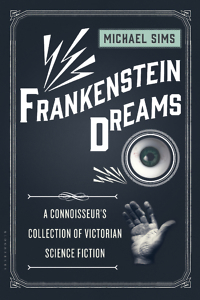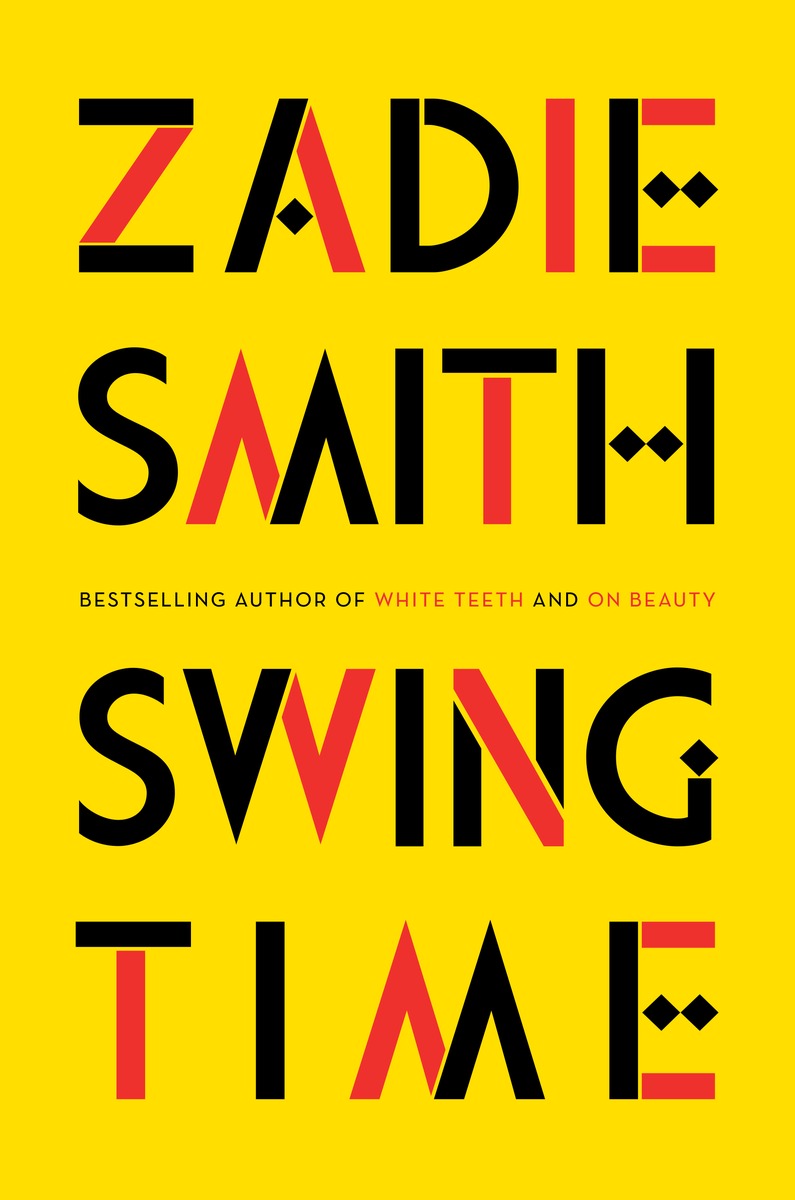To Dream the Improbable Dream
With Frankenstein Dreams, editor Michael Sims presents twenty vintage works of science fiction
“Science fiction is the improbable made possible,” said Rod Serling, a great anthologist of the fantastic and macabre. With Frankenstein Dreams: A Connoisseur’s Collection of Victorian Science Fiction Michael Sims, a leading anthologist of nineteenth-century literature, explores the origins of those improbable dreams, the roots of science fiction from a time before the term had even been coined. Science fiction is now one of publishing’s most popular genres, and Sims’s collection is must-read material for anyone interested in either good—if sometimes quaint—science fiction, or in the literary revolution that spawned everything from Star Trek to Jurassic Park and beyond.

Although the essential elements of science fiction are evident in some early texts, with historians dating its origins to Lucian of Samosata’s second-century fantasy A True History, the real birth of sci-fi didn’t occur until the nineteenth century. During the Victorian era, Sims writes, “Advances in understanding nature—from the stars to the human body—challenged ancient and cherished assumptions about space and time and even about our lineage as human beings.” Such a revolutionary age demanded a new form of expression, and science-inspired literature blossomed.
Sims—who has produced three other volumes in the “Connoisseur” series, in addition to two earlier anthologies of Victorian stories—opens this collection with an excerpt from Mary Shelley’s Frankenstein. Published before the official start of the Victorian age, Frankenstein is in many ways the model for what followed. The story came to Shelley in a dream no doubt inspired by new discoveries in human anatomy and electricity and primed by the spooky stories of her peers. It is not surprising, then, that dreams are an important part of the novel’s narrative, and Sims references those early visions in this book’s title. He continues the theme by titling the Frankenstein excerpt “Dreams of Forgotten Alchemists” and noting that “Frankenstein and his tormented creation are perfect figures to open a tour of the nineteenth century’s troubled dance between science and fiction.”
 And what a tour it is. From Shelley’s foundational masterpiece, Sims guides readers through works by Edgar Allan Poe, Robert Louis Stevenson, Jules Verne, H.G. Wells, Rudyard Kipling, and Arthur Conan Doyle, who appears here by virtue of a non-Sherlock story about early aviation titled “The Horror of the Heights.” But as delightful as it is to see world-famous authors honored as midwives to the birth of a genre, what sets this collection apart are the gems Sims has found among the works of lesser-known writers. Names like William Henry Rhodes, Florence McLandburgh, Alice W. Fuller, and Edward Page Mitchell have been largely forgotten, a shame Sims works to correct. When reading stories like “The Senator’s Daughter” or “A Wife Manufactured to Order” it can be difficult to remember that they were written in an age before our own. Their visions of a dystopian, technology-dominated future now seem much less improbable.
And what a tour it is. From Shelley’s foundational masterpiece, Sims guides readers through works by Edgar Allan Poe, Robert Louis Stevenson, Jules Verne, H.G. Wells, Rudyard Kipling, and Arthur Conan Doyle, who appears here by virtue of a non-Sherlock story about early aviation titled “The Horror of the Heights.” But as delightful as it is to see world-famous authors honored as midwives to the birth of a genre, what sets this collection apart are the gems Sims has found among the works of lesser-known writers. Names like William Henry Rhodes, Florence McLandburgh, Alice W. Fuller, and Edward Page Mitchell have been largely forgotten, a shame Sims works to correct. When reading stories like “The Senator’s Daughter” or “A Wife Manufactured to Order” it can be difficult to remember that they were written in an age before our own. Their visions of a dystopian, technology-dominated future now seem much less improbable.
Sims—a Crossville native and former Nashvillian who has developed an international reputation as an author, journalist, editor, and speaker—is fascinated by the artistic process. In previous books he has explored the origins of such famous creations as E.B. White’s Charlotte’s Web, Henry David Thoreau’s Walden, and Arthur Conan Doyle’s unforgettable Sherlock Holmes. Frankenstein Dreams demonstrates his continued devotion to finding the inspirations for and evolution of various literary themes. In doing so, he offers real insight into not only the stories but also, in his brief author biographies, their creators.
The tales collected in Frankenstein Dreams grew from the human need to reconcile the ever-increasing accomplishments of science with the very real hopes for, and fears of, what those discoveries might bring. While these Victorian-age stories can seem old-fashioned at times, the emotional reaction to rapidly advancing science, which Sims refers to as “spiritual vertigo,” has not diminished in the century since the last of them was published. They are as relevant, if not as technologically up-to-date, as ever.

A Michigan native, Chris Scott is an unrepentant Yankee who arrived in Nashville more than twenty-five years ago and has gradually adapted to Southern ways. He is a geologist by profession and an historian by avocation.


